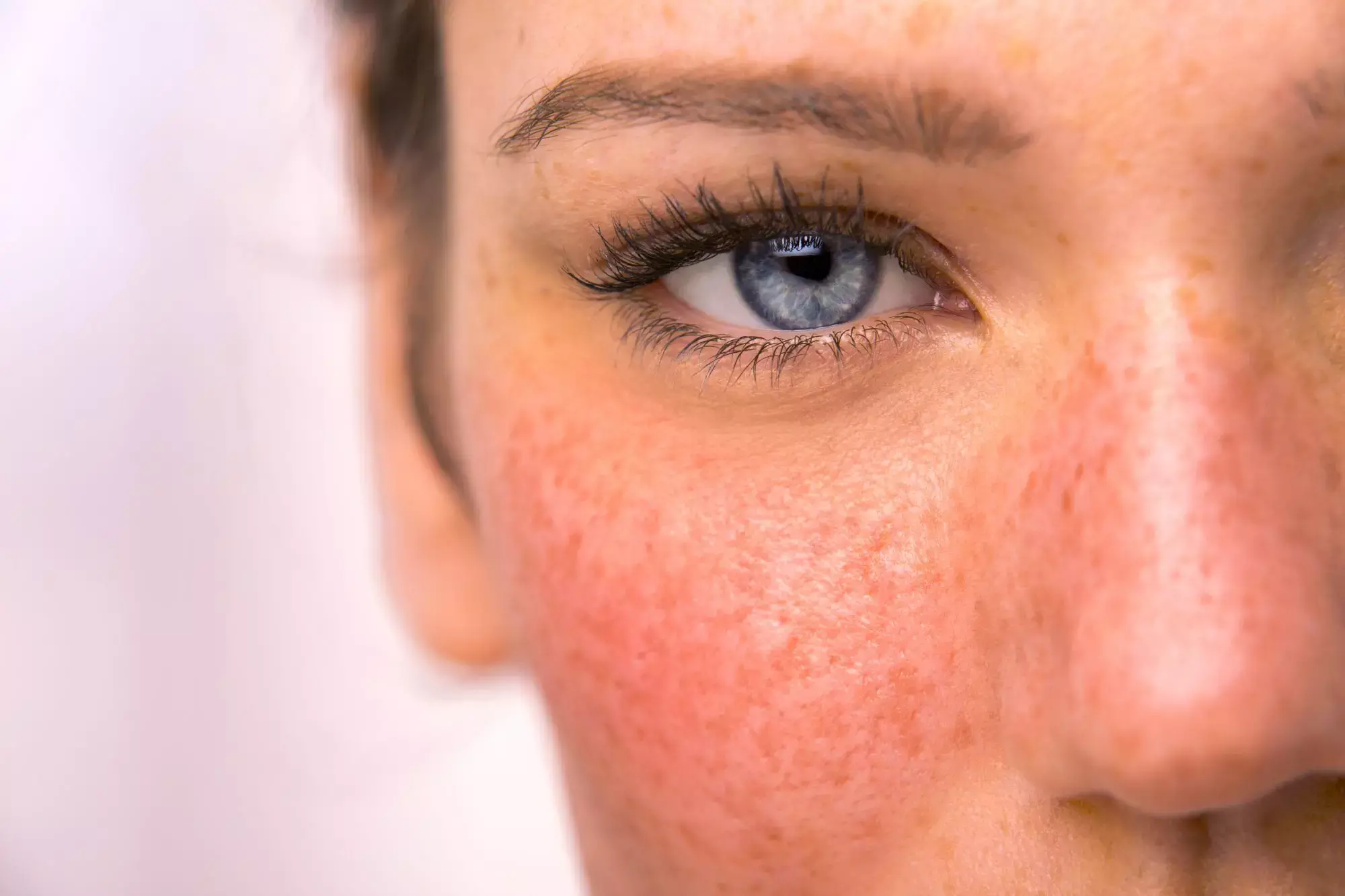- Home
- Medical news & Guidelines
- Anesthesiology
- Cardiology and CTVS
- Critical Care
- Dentistry
- Dermatology
- Diabetes and Endocrinology
- ENT
- Gastroenterology
- Medicine
- Nephrology
- Neurology
- Obstretics-Gynaecology
- Oncology
- Ophthalmology
- Orthopaedics
- Pediatrics-Neonatology
- Psychiatry
- Pulmonology
- Radiology
- Surgery
- Urology
- Laboratory Medicine
- Diet
- Nursing
- Paramedical
- Physiotherapy
- Health news
- Fact Check
- Bone Health Fact Check
- Brain Health Fact Check
- Cancer Related Fact Check
- Child Care Fact Check
- Dental and oral health fact check
- Diabetes and metabolic health fact check
- Diet and Nutrition Fact Check
- Eye and ENT Care Fact Check
- Fitness fact check
- Gut health fact check
- Heart health fact check
- Kidney health fact check
- Medical education fact check
- Men's health fact check
- Respiratory fact check
- Skin and hair care fact check
- Vaccine and Immunization fact check
- Women's health fact check
- AYUSH
- State News
- Andaman and Nicobar Islands
- Andhra Pradesh
- Arunachal Pradesh
- Assam
- Bihar
- Chandigarh
- Chattisgarh
- Dadra and Nagar Haveli
- Daman and Diu
- Delhi
- Goa
- Gujarat
- Haryana
- Himachal Pradesh
- Jammu & Kashmir
- Jharkhand
- Karnataka
- Kerala
- Ladakh
- Lakshadweep
- Madhya Pradesh
- Maharashtra
- Manipur
- Meghalaya
- Mizoram
- Nagaland
- Odisha
- Puducherry
- Punjab
- Rajasthan
- Sikkim
- Tamil Nadu
- Telangana
- Tripura
- Uttar Pradesh
- Uttrakhand
- West Bengal
- Medical Education
- Industry
Erenumab reduces rosacea-associated flushing and erythema symptoms: JAMA

A recent study published in the Journal of American Medical Association found promising results after investigating the use of erenumab which is a drug primarily used for migraine prevention, for treating rosacea symptoms.
The open-label trial conducted at the Danish Headache Center of Copenhagen University Hospital, Rigshospitalet involved 30 participants who were administered 140 mg of erenumab subcutaneously every four weeks for a total of 12 weeks. The study was conducted from June 2020 to May 2021 to assess the effectiveness of erenumab in reducing the severe redness and flushing associated with rosacea. The primary focus of the research was to assess the change in the number of days participants experienced moderate to extreme flushing when compared to their condition at the beginning of the study. The secondary outcomes included changes in days with moderate to severe erythema or facial redness.
The key findings from the trial were;
At the end of the 12-week period, the participants reported a significant reduction in the number of days with flushing, this was from an average of 23.6 days at baseline to 16.7 days.
Also, the days with noticeable redness decreased from 15.2 to 7.1 days on average. These changes suggest that erenumab could potentially offer relief to the individuals with distressing rosacea symptoms.
While the treatment was generally well-tolerated, some adverse effects were noted, including mild to moderate constipation, transient worsening of flushing, bloating and upper respiratory tract infections.
These side effects are in line with what has been previously documented with the use of erenumab in migraine treatment. Only one serious adverse event was reported which was a case of gallstones that lead to hospitalization, which did not convince the research team as mediated by the drug.
The findings are significant as they point towards a new application for CGRP-receptor inhibitors like erenumab in treating skin conditions beyond their current use in neurology. CGRP (Calcitonin Gene-Related Peptide) has been linked to the pathogenesis of rosacea influencing vascular and inflammatory processes in the skin. Erenumab may help manage symptoms that are often resistant to other treatments by inhibiting this pathway. Despite these promising results, larger randomized clinical trials are imperative to confirm these findings and better understand the potential of CGRP inhibitors in treating rosacea.
Source:
Wienholtz, N. K. F., Christensen, C. E., Do, T. P., Frifelt, L. E. W., Snellman, J., Lopez-Lopez, C. L., Egeberg, A., Thyssen, J. P., & Ashina, M. (2024). Erenumab for Treatment of Persistent Erythema and Flushing in Rosacea. In JAMA Dermatology. American Medical Association (AMA). https://doi.org/10.1001/jamadermatol.2024.0408
Neuroscience Masters graduate
Jacinthlyn Sylvia, a Neuroscience Master's graduate from Chennai has worked extensively in deciphering the neurobiology of cognition and motor control in aging. She also has spread-out exposure to Neurosurgery from her Bachelor’s. She is currently involved in active Neuro-Oncology research. She is an upcoming neuroscientist with a fiery passion for writing. Her news cover at Medical Dialogues feature recent discoveries and updates from the healthcare and biomedical research fields. She can be reached at editorial@medicaldialogues.in
Dr Kamal Kant Kohli-MBBS, DTCD- a chest specialist with more than 30 years of practice and a flair for writing clinical articles, Dr Kamal Kant Kohli joined Medical Dialogues as a Chief Editor of Medical News. Besides writing articles, as an editor, he proofreads and verifies all the medical content published on Medical Dialogues including those coming from journals, studies,medical conferences,guidelines etc. Email: drkohli@medicaldialogues.in. Contact no. 011-43720751


